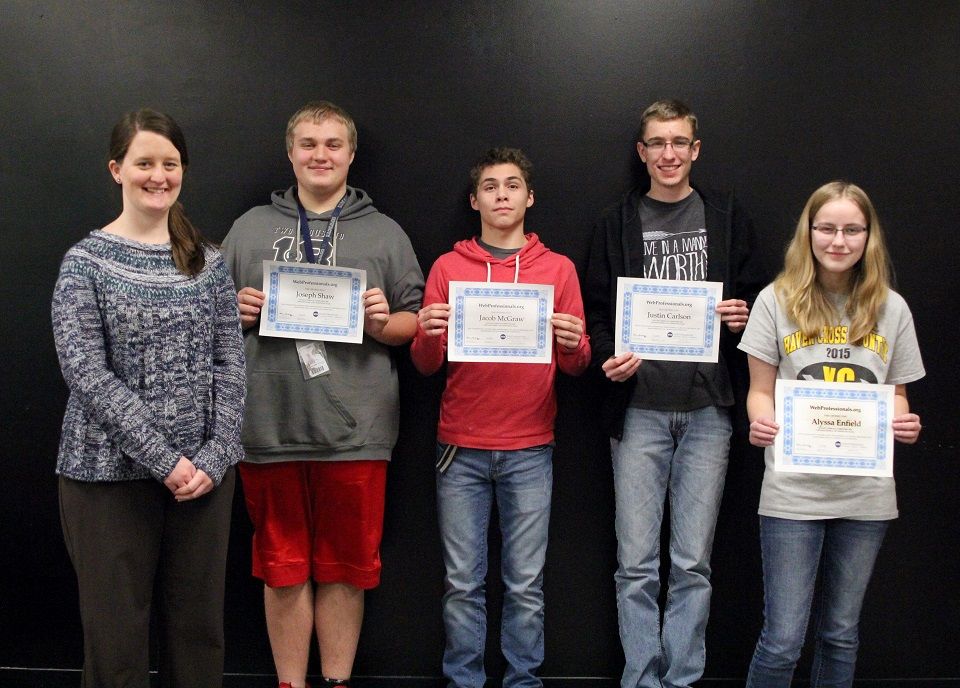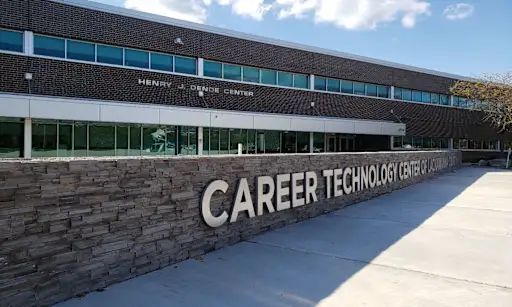Blog
5 Uncommon STEM Careers To Help You Better Understand STEM Education
In the last decade, you have likely heard of STEAM or STEM careers . The growing impact these terms have on society year after year can’t be dismissed. Schools across the country are developing specialized programs to help prepare today’s youth for tomorrow’s future.
Is this just because STEM careers boast some of the highest paying jobs out there? While that may be true, that is simply one benefit to acknowledge. STEM education leads to careers that create new innovation, infrastructure, and overall growth.
How Does STEM Education Relate To These Fields?
The purpose behind STEM / STEAM education is to show how all of the subjects relate to one another in some way. STEAM stands for science, technology, engineering, arts, and mathematics . With “STEM” the “A” is removed, but we believe art is important and should be included as well.
You may have heard of popular STEM fields and courses such as Computer Engineering, Biotechnology, and Programming just to name a few. The number of career paths available in STEM, however, go beyond what you may expect!
Did you know that being a chef in the culinary world can also be considered a STEM / STEAM based career? How can a culinary field possibly relate to computer engineering? The presentation of the next few fields should clear a few things up for you. Take a look at these unusual STEM careers to help you better understand STEM education.
In this field, you will study the animal kingdom, its structure, and how it interacts with various ecosystems. Let’s not forget to mention that this is the perfect job if you want to spend time with exotic animals! This STEM career can have you working within a zoo, laboratory, or even a classroom. Zoology has many branches to work within, all of which, in some way, incorporate different aspects of STEM.
Some zoologists work to help preserve the life of a certain species of animal, while others may develop books and other educational materials to assist members of a team or research group. There are zoologist that even go on to teach at universities and publish journalistic reports on their discoveries and findings.
A deeper look into the zoology shows how the different aspects of STEM play a major role in being a zoologist. STEM has played a big part in helping zoologists better preserve and care for animal species across the world. The average salary for a Zoologist is $60,000 per year .
Chefs are considered the artists of the food world. You could say this takes care of the “A” in STEAM education. What about the STEM part? As a chef or flavor chemist, you will be working with the combination of different food groups and ingredients.
Combining the ingredients into carefully measured portions, and applying the right cooking procedures requires a great deal of skill. You can find a number of accredited degree programs available to become a chef or flavor chemist , and there are a number of institutions dedicated to the culinary arts.
Food science, chemistry, and presentation all show heavy traces of the basic ideas of STEAM education. As a chef, you have many branches you can go into. (such as a pastry chef or fish cook) When it comes to a flavor chemist, it can be very competitive, however.
Chefs can earn anywhere from $25,000 and up per year , whereas a Flavor Chemist can earn well over $65,000 a year .
Ethical Hacker
Yes there are actually good hackers out there ! Ethical hackers help to test security by exploiting a company’s network to find the vulnerabilities. This STEM career is all about the good hackers versus the bad hackers. Be prepared to have extensive knowledge of computer systems.
If you’ve already grown up using computers on a semi advanced level, taking a computer science, networking, or programming course to improve your skills will put you well on your way in this field. This is one of the more important STEM careers in technology, as cyber security is an increasing threat in our evolving digital world.
Over the last 5 years alone, there have been dozens of stories about hackers obtaining sensitive information that they should not have accessed. The need for computer engineers to build the infrastructure are just as important as the need for ethical hackers to find the problems in the infrastructure!
An Ethical Hacker earns an average of $72,000 per year , but the salary range is large. Some earners report $24,000 per year , while some have even reported over $100k per year .
3D printing has already begun to change our world, and we’ve only just begun to scrape the surface. This industry and its related fields may become some of the most innovative STEM careers over the next decade.
There are already stories of 3D printers printing functioning tools, prosthetic limbs, and even printing homes for people to live in ! There are talks of 3D printers making food, and functioning organs to be implanted into humans. Let’s not forget that its also cool to show off to your friends that you 3D printed a small trinket.
Today, there aren’t many fields related directly to 3D printing. However, there are a number of STEM fields that will greatly benefit your advancement in this career. Knowledge of mechanical and electrical engineering , 3D modelling , and industrial design all play an important role.
3D Printing is one of the more exciting, and new emerging industries we are looking forward to. Look at some of the cool achievements made with 3D printing!
Machine Learning Engineer
Machine learning is another exciting STEM career field pushing our society into the future of Artificial Intelligence . Hollywood has spooked us with movies about the emergence of self aware A.I. In reality, machine learning is about applying methods to large data sets that personalize and optimize experiences.
There are plenty of machine learning applications that we all use every day but might not be aware of. Whenever you search for something on Google , buy something on Amazon , or browse through Facebook , machine learning is at work to personalize your online experience.
As a machine learning engineer, you will have to deal with a lot of data. Data management skills are a must , and knowledge of programming and computer science are also required. You will be writing algorithms to gather and analyze data. After this, the goal is to autonomously achieve the desired outcome, and continue to adapt.
Artificial intelligence and machine learning, like 3D printing, will certainly change our world in the near future. Here at CTE Learning , we’ve developed an Artificial Intelligence course to help students learn more about A.I.
How Many Of These Did You Know Were STEAM / STEM Careers?
STEAM / STEM careers are still typically thought of in general terms. However, there are many career paths that we don’t know actually apply many STEM subjects. STEM and STEAM are all about incorporating the subjects of science, technology, engineering, arts, and mathematics into old, and new industries. This introduces creative thinking, problem solving, innovation, and growth for the foreseeable future.
STEM’s growing influence in our every day lives will only continue to become stronger. Next time you’re considering the difficulty of STEM related fields or careers, take another look. You’ll find that STEM is not as narrow as you think, and is always expanding. There is a STEM career out there for you that will help us shape the world of tomorrow.
Read More:
Share To
Get in touch with us today!
You can book a demo directly using Calendly, call us directly at 913-764-4272 or 877-828-1216, or submit the form and we will reach out to you.
We look forward to helping you and your students.

Most Recent Posts







